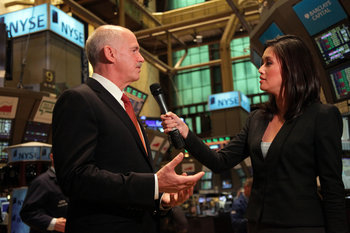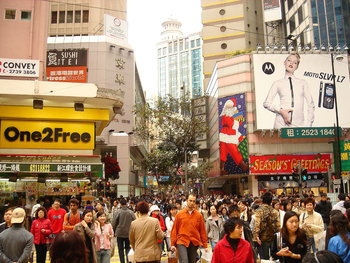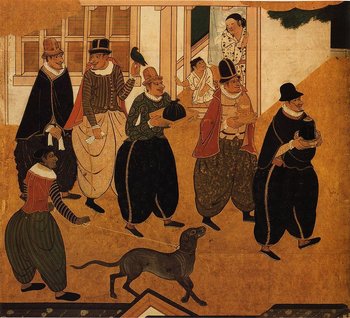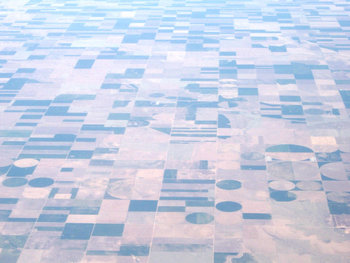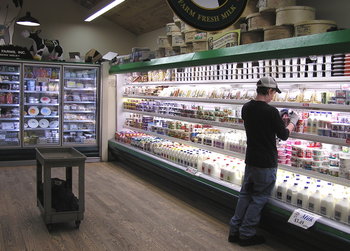
Supply
Anyone in a free market can decide to start a business and supply goods, services, assets, investments or labor to the market. This can be contrasted with a system of central planning where a government decides what should be produced or where people should work.Demand
Anyone in a free market can purchase goods, services, assets, investments or hire employees. Customers demand goods according to their needs and preferences. There is competition between suppliers to attract customer demand. As such, suppliers are constantly improving products and/or cutting costs thus driving economic efficiency.Prices
Free markets are competitive with prices set by supply and demand. This is efficient as it reflects the economics of production and value for each good.Output
The output quantity of goods and services in a free market is also set by supply and demand. Where supply is perfectly balanced with demand there are no surpluses or shortages of goods. This can be compared with a system of central planning whereby shortages and surpluses may be common.Anti-Competitive Practices
There are many ways that participants in a free market can inhibit free and open competition. As such, a pure free market can't exist because a monopoly would quickly emerge that would resemble government control. Generally speaking, well designed government regulation benefits free markets by ensuring they remain competitive, fair and open.Common Goods
One of the problems with the idea that free markets should not be regulated in any way is that this leaves no protection for common goods such as air and water. This leads to destruction of common goods as there is no individual incentive to preserve common resources. Governments can design markets to price common resources and put limits on pollution and resource depletion.Information
Another way that government regulation can benefit free markets is by ensuring that market participants have the information they need to make decisions. Otherwise, participants would be likely to hide information that would lead to a breakdown in competition and economic efficiency. For example, product manufacturers might hide information about product safety as opposed to competing to make safer products. Firms might hide negative information from investors as opposed to improving and managing risk. Sellers might misrepresent assets to buyers.Free Market Regulation
It is common to refer to an economy as a "free market" when government involvement is focused on creating an open, fair and efficient market as opposed to controlling prices and production decisions. Government regulations in areas such as securities laws, environmental and consumer protection can increase competition and efficiency as opposed to limiting it.| Overview: Free Market | ||
Type | ||
Definition (1) | An economic system where everyone is free to participate as they like without interference from a government or similar power such as a monopoly. | |
Definition (2) | An economic system where government involvement is limited to ensuring that markets are fair, open, competitive and efficient. | |
Related Concepts | ||





